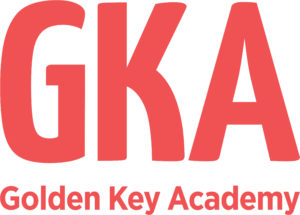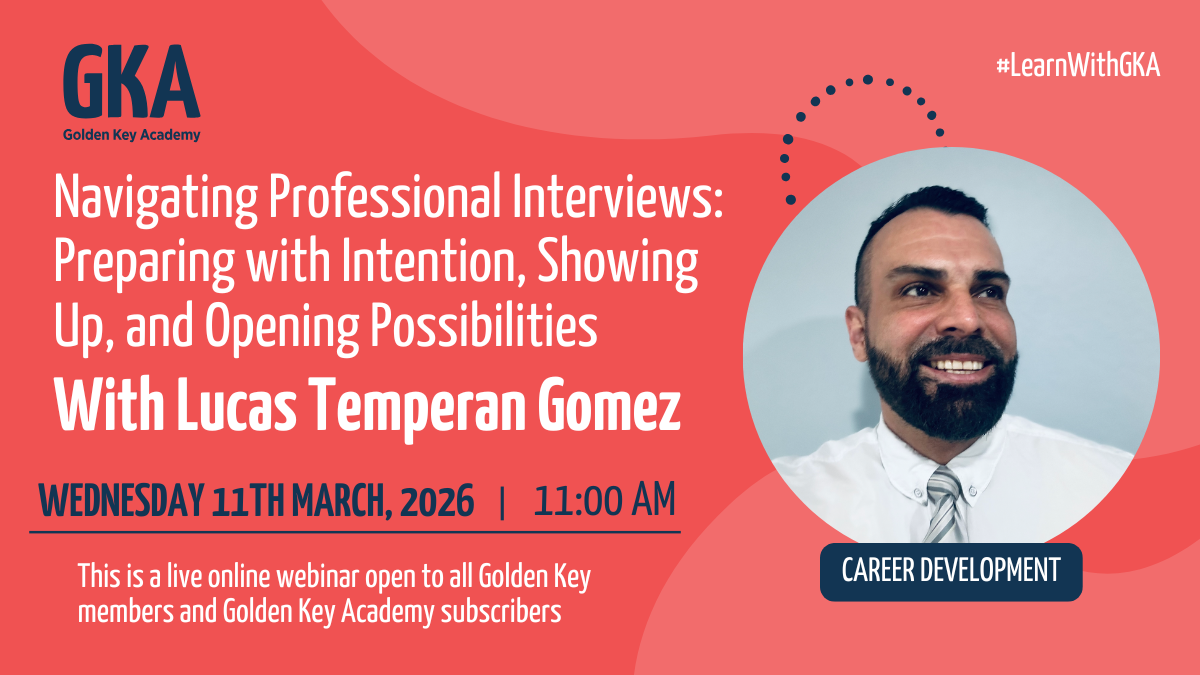The cliché “it all starts with you” comes with a profound personal truth – you have to find your voice first before you think of voicing any idea or group of people representatively. If you’re thinking of doing any leadership or activism, understand that you will only make an impact if your voice is firm. People can hear and experience your message or purpose.
When I was completing my Post-Graduate Certificate in Education (PGCE) at the University of the Western Cape (UWC), my lecturer Toni Sylvester, made an important point: If you don’t sort out your own ‘stuff’ first, you will externalize your ‘stuff’ on your learners in the classroom. It is vital; therefore, he said to get help for yourself first. Go to therapy and support yourself in your healing so that you can prepare to be a good teacher and leader.
Toni was just one of many mentors who reminded me that one must take personal responsibility before one can even dream of taking social responsibility and healing the social ills. Now, in my more mature years, I understand that you must keep working on yourself even during the activism process. This goes deeper than just taking a bubble bath and going out for sushi and a massage. You must be prepared to ask yourself difficult life questions in every phase of your life. The covid19 lockdown, for example, gave rise to all kinds of personal crises during the lockdown and called us – if you weren’t a front liner from the health sector fighting this pandemic, that is – to sit for extended periods in our own company during the lockdown and deal with our’ stuff’.
We pride ourselves on our titles and our public success. But on a personal and intimate level, we must stay true to what we believe the public holds us accountable for. If you are an activist for the alleviation of gender-based violence, have you first checked in with yourself and received enough room and support to talk through your own gendered experiences? If you are a teacher and writer like I, are you investing in your own learning, writing, and journaling for your own well-being? Do you have a self-care routine if you are a parent or caregiver?
Here’s another cliché amidst the global self-care conversation with personal truth – you can’t pour from an empty teapot. For the guests you’re serving from this empty pot, you will only leave them thirsty and utterly dissatisfied with your service. They wish they had stopped at Starbucks instead of coming for tea at your house. Is this the kind of tea party you sought to host?
This metaphor applies to all areas of our lives, not just for up-and-coming leaders but also for leaders with long-standing reputations. We don’t have to look very far to resonate with the fact that we must represent ourselves well first before we claim to represent others. Additionally, like I have said lately to other playwrights like myself – do not underestimate the intelligence of the theatre audience. The people you serve have good instincts about what they see in you as a leader. If you don’t take care of yourself, if you don’t represent yourself well, they will notice, and – thanks to social media – it will not be difficult for them to make this known to you. Treat them well by treating yourself well first.
If you are a young leader, perhaps this means going away to travel and run about the world first before taking up leadership positions. If you’ve been taking up space in leadership for some time now, perhaps now and again, it’s a good idea to retreat and evaluate your effectiveness, work on your health and refill the teapot. Naturally, your followers will beam with thanks because no one beams at someone who is a hot mess and has no idea what they’re doing up there.
Other help for finding your voice in the workspace:
- At the meeting table. Don’t lose your voice and chicken out when you want to say something challenging. Find your voice, take a deep breath, close your eyes and speak through your vulnerability. This might sound like, “This is a challenging thing to say, but….”
- For teaching and instruction-based positions, plan for non-verbal teaching days to rest your voice: learner-centered, instead of just teacher-centered, activities.










